Although I am a licensed attorney, I do not practice law. Yet, I combine my passion for personal finances by helping people as a licensed registered investment advisor and providing holistic wealth advising for goal-oriented individuals. This blog aligns with my passion for sharing my knowledge with goal-driven individuals looking to enhance their financial literacy and amplify their wealth. Welcome!
Are you ready to simplify your finances, achieve your financial goals, and amplify your wealth? Let’s connect! Click the link below to schedule your free 15-minute consultation.
Ask Alissa
Join the Amplify My Wealth community on Instagram and Clubhouse for even more tips, and connect and interact with me on LinkedIn and Clubhouse to learn more ways to amplify your wealth!
4 Steps To Starting Your Emergency Fund
March 5, 2023
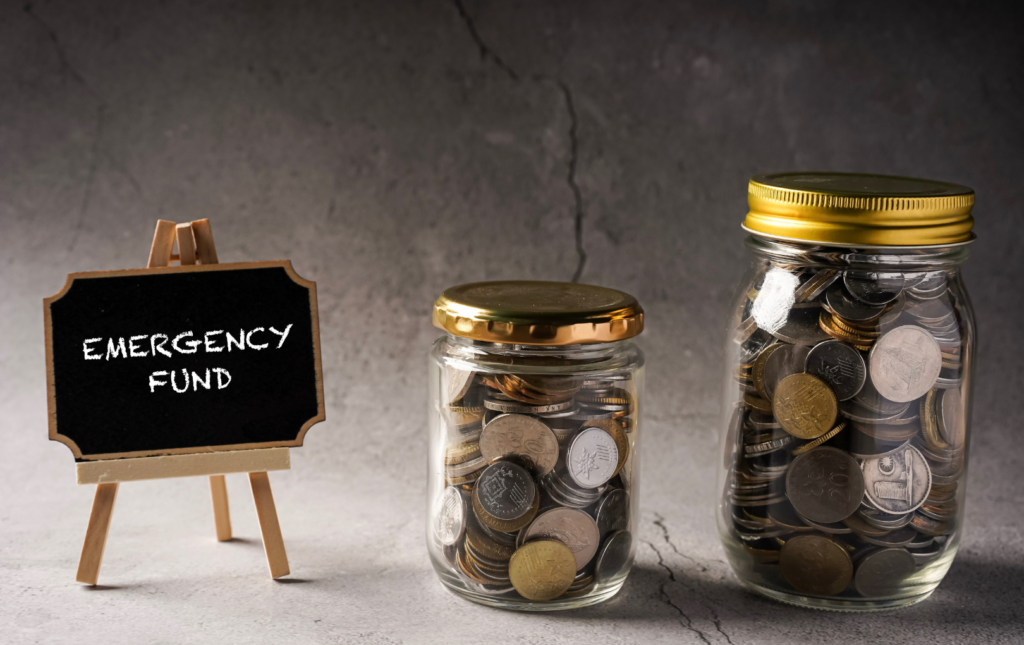
Your emergency fund is your self-insurance. Starting your emergency fund sooner than later will avail you of guardrails. Your emergency fund can help prevent you from derailing your financial future. Follow these four steps to start your emergency fund, gain financial confidence and stability, giving you peace of mind.
1. Determine Your Net Worth Before Starting Your Emergency Fund
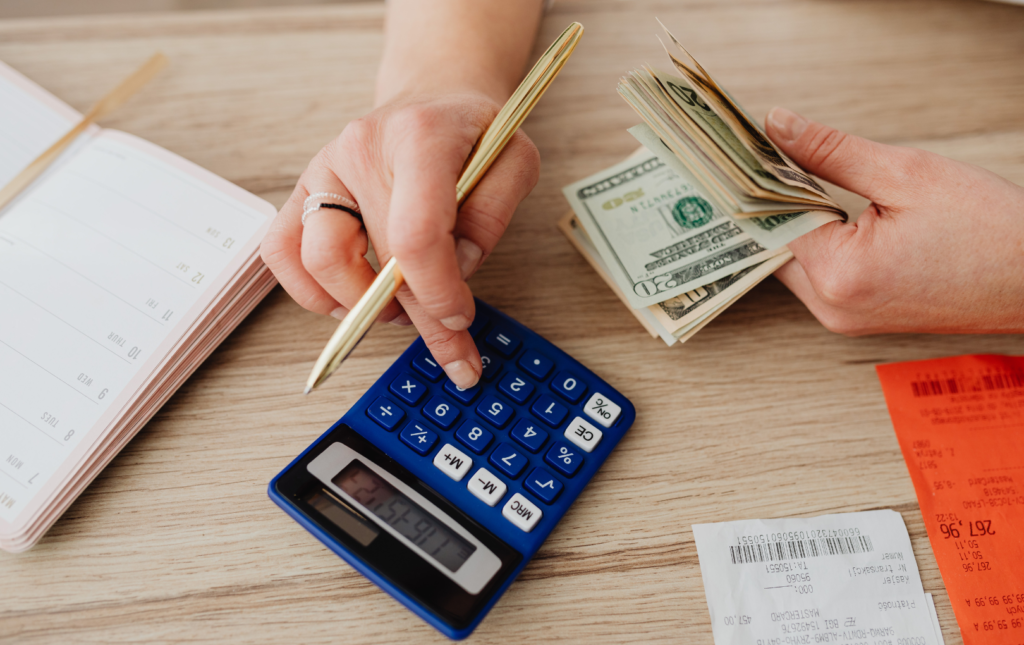
When starting your emergency fund, it is essential to determine your net worth. When choosing your net worth, create a spreadsheet with your assets’ correlating values, including homes, bank, and brokerage accounts. Then, subtract all your debts, including loans, mortgages, and credit card balances, to determine your net worth. You may even have cash or other money to start your emergency fund and reach other goals. Taking the time to organize your money can be eye-opening.
2. Create Your Expense Plan When Starting Your Emergency Fund
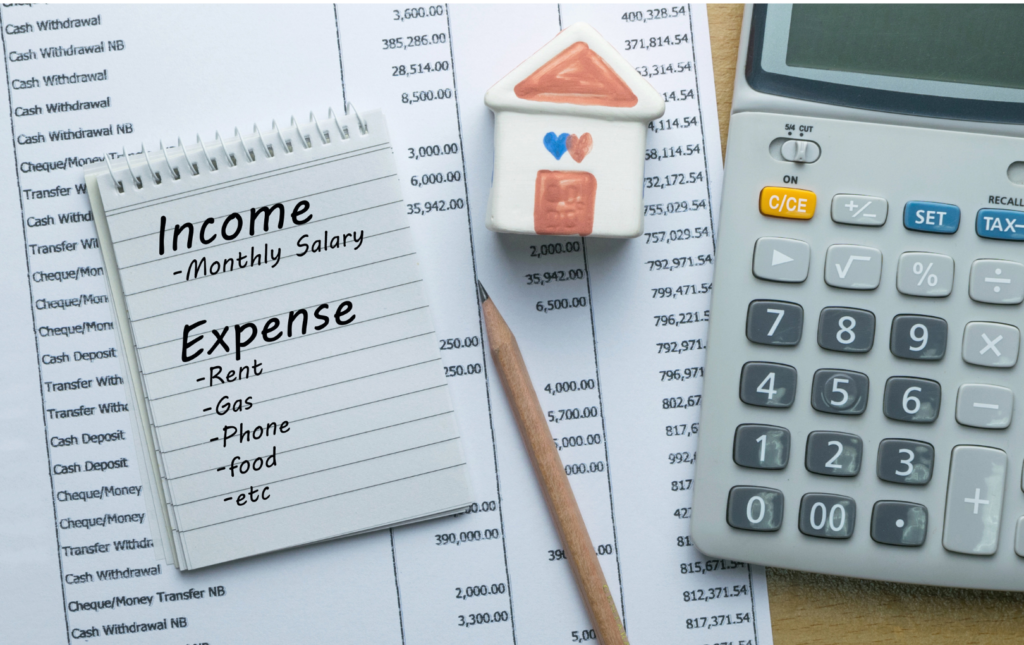
When creating your expense plan
- Refer to your last three months of credit card and bank statements when determining your monthly expenses.
- Refer to other statements when determining your annual recurring expenditures.
- First, use a spreadsheet to determine your monthly cash flow from salary, businesses, rent, and investments. Reflect that incoming cash flow at the top of your sheet.
- Then, list monthly and annual expenses by dividing them by twelve below the cash flow.
- Subtract the monthly expenses from the cash flow to determine what money remains at the end of each month.
3. Determine Your Emergency Fund Goal, Plan & Automate It
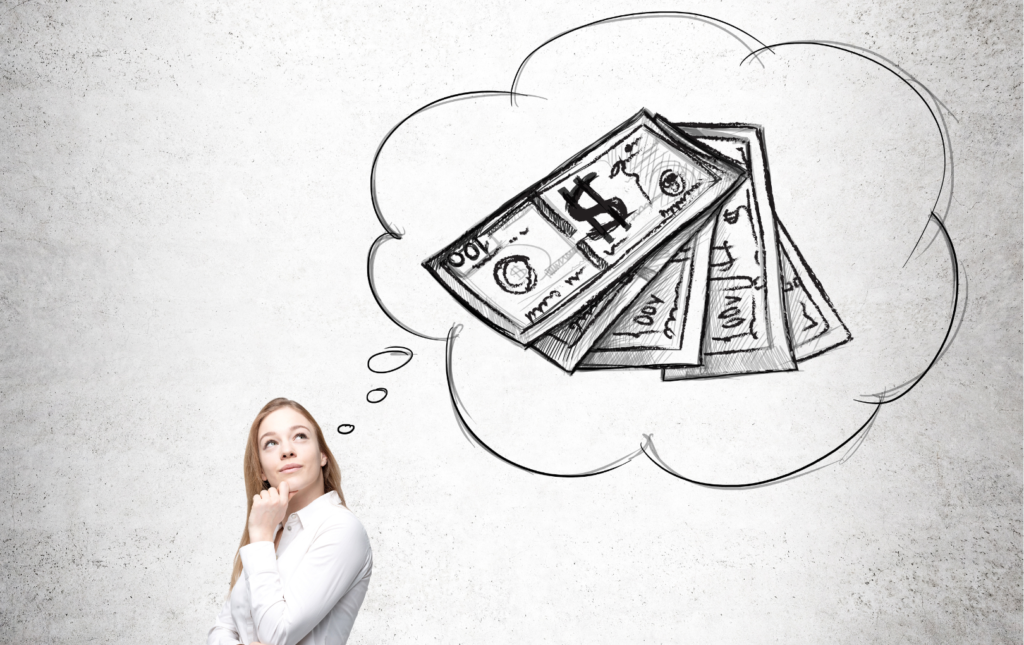
Three to six months of your expenses is a great starting point for starting your emergency fund. But finances are personal, and you must determine the right amount.
- When looking at your net worth, determine if you have available cash or assets to fund your emergency fund. Consider ways to do this without paying lots of taxes if possible.
- Consider your expense plan. Ask yourself if you can increase your cash flow. Maybe you can decrease expenses by adjusting and eliminating expenses to increase.
Once organizing your finances, determine the amount of money you want in your emergency fund.
For example, you might ideally want an emergency fund of $18,000. You can set up six shorter-term goals of three thousand dollars. Celebrate each win as you attain each goal of funding your account with three thousand dollars.
When deciding how to start your emergency fund, consider your other short- and long-term goals. These goals include paying off credit card debt, planning a work-optional life or retirement, or saving money for a home.
Certainly, prioritizing starting your emergency fund makes sense. But doing that simultaneously with paying off high-interest credit card debt might make sense, too. It is important not to let analysis paralysis get in the way. Yet be mindful of your overall plan. Eliminating high-interest debt and having an emergency fund are important achievements before buying a home.
Once you know how much money you have each month, transfer it to your emergency fund. Whether $50 or $1,000, open a high-yield savings account and set up automated monthly transfers. Then add these transfers to your expense plan.
Always celebrate all your wins along the way to fully funding your account.
4. Regularly Revisit Your Personalized Financial Plan
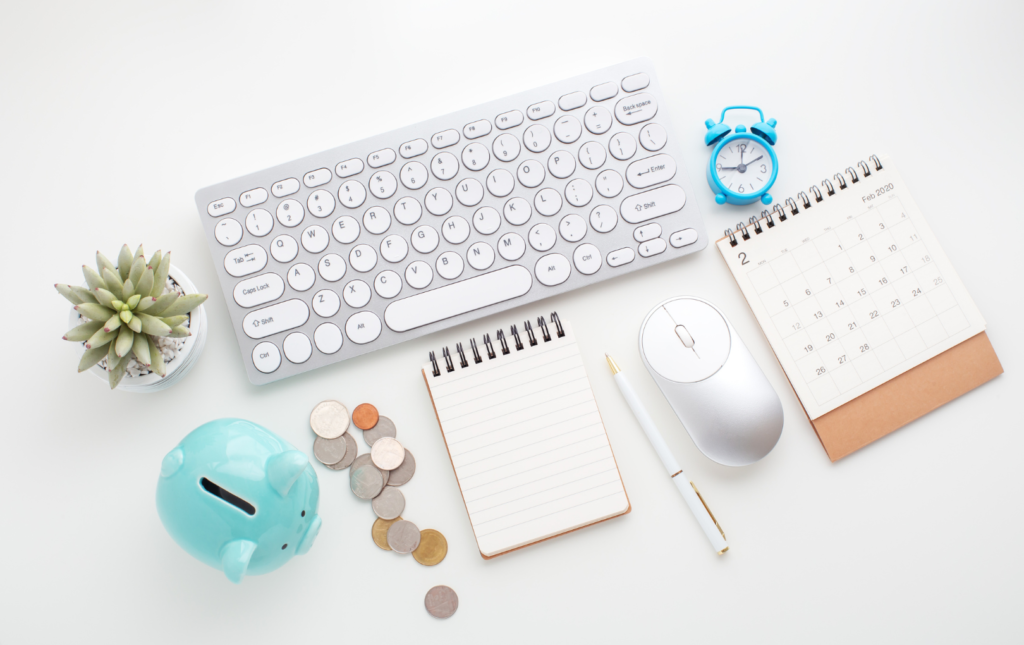
Regularly revisit your personalized financial plan, including your expenses and goals, and make any necessary adjustments.
Look To The Personal Finances 101: Amplify My Wealth Blog for even more tips to maximize your finances.
Set a date on your calendar with a reminder to revisit your personalized financial plan. Always make sure your emergency fund still aligns with your plan.
Consider focussing on your needs over wants, canceling subscriptions, negotiating with and asking for discounts, and switching providers.
If you receive an increase in cash, whether a gift, bonus, or tax refund, pause. Always set aside money for taxes and consider using the rest to reach your goal.
Get the free Amplify My Wealth Guide To Living The Life You Want with worksheets for even more tips.
Access the Amplify My Wealth Goalsetting Calculator to slide to get the answers to how much you need to save each month.
Together these two resources will set you on your path to living the life you want.
Are you ready? Ask Your Questions Below
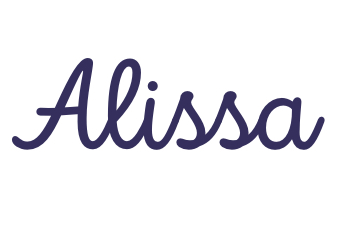
[…] money set aside for your deductible in a separate account or within your emergency fund account. The Four Steps To Starting Your Emergency Fund will increase the certainty that your needs are […]
[…] are personal. There is no one-size-fits-all emergency fund or a magic number for all emergency funds. Instead, there is the correct number for you. Looking at […]
[…] Building an emergency fund is crucial for financial security. Save money regularly and set it aside exclusively for emergencies, like medical expenses or unexpected job loss. An emergency fund provides peace of mind, safeguards against debt, and empowers you to handle unexpected challenges confidently. […]